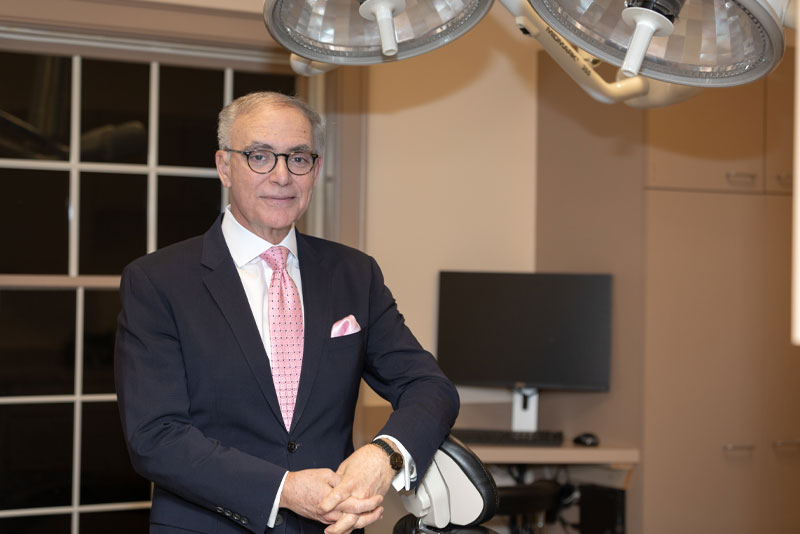
Protect Your Smile
When cared for properly, dental implants typically are a permanent tooth replacement option, carrying a 98 percent rate of success. But in a low number of cases, dental implant complications threaten the longevity of this lifelike tooth replacement. If you have noticed changes in the way your implant or the gum tissue surrounding it looks or feels, or have suffered any oral trauma, it is very important that you consult with an experienced implant specialist. Dr. Robert Faiella is a board-certified periodontist and skilled in implant surgery. This gives him a profound understanding of the relationship between dental implants and the bone and periodontal tissues that support them. He can identify the cause of dental implant complications in Duxbury and Osterville, MA, and implement effective care to help save your smile and tooth replacement investment.

Why Some Dental Implants Fail
Dental implant complications, if left untreated, can ultimately lead to implant failure. Several factors are known to cause dental implant complications, the leading cause of which is peri-implantitis due to poor oral hygiene. This condition is very similar to gum disease, in that the gum and bone tissues surrounding the implant begin to breakdown, leaving too little support for the dental implant. Less common dental implant complications include improper placement of the implant, excess dental cement and secondary medical conditions, such as diabetes and osteoporosis. Any sign or symptom that may indicate dental implant complications should be evaluated as soon as possible.
Warning Signs of Dental Implant Complications
- Bleeding or redness around the implant
- Loose or shifting implant
- Pain or discomfort upon biting
- Injury or trauma to the implant
- Exposed metal portion of the implant

A Trusted Source for Dental Implant Care
Treatment for dental implant complications resulting from peri-implantitis includes thorough debridement of the implant surface and surrounding tissues. If bone or gum tissue have been lost, Dr. Faiella may need to perform gum grafting or bone grafting procedures to reestablish support for failing dental implants. With 31 years of specialized periodontal experience, Dr. Faiella is highly regarded for his advanced skill and technique in restoring periodontal tissues surrounding dental implants. He collaborates one-on-one with each individual, to determine the source of dental implant complications and establish a treatment protocol for restoring health and support to dental implants at risk.
Is your dental implant at risk?
Osterville Location
-
Phone Number:
(508) 420-1124 -
Address:
749 Main Street, Suite B
Osterville, MA 02655 -
Hours:
Tuesday & Thursday | 8:00am – 5:00pm
Friday | 8:00am – 1:00pm
Duxbury Location
-
Phone Number:
(781) 934-6562 -
Address:
20 Tremont Pl # B
Duxbury, MA 02332 -
Hours:
Monday & Wednesday | 8:00am – 5:00pm

